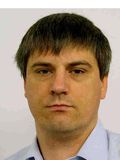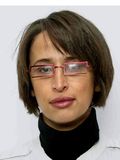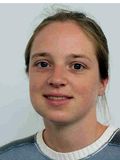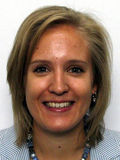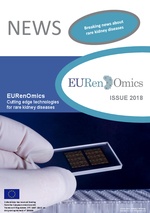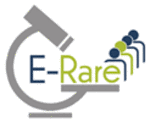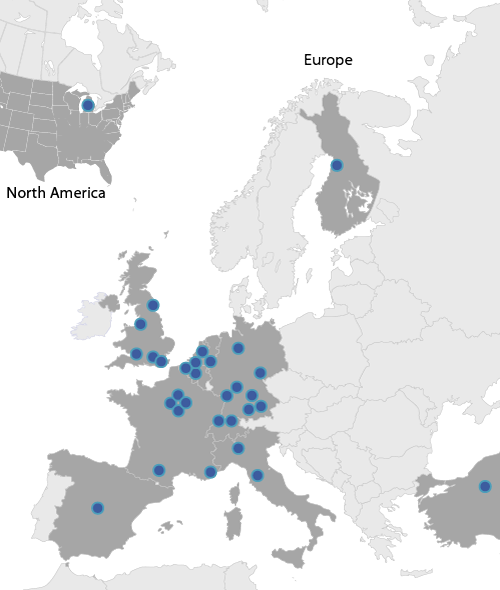Katholieke Universiteit Leuven
Project Leader
Prof. Elena Levtchenko
Phone: + 32 16 34 3822
Fax: + 32 16 34 3842![]() Contact
Contact
Project Staff
Prof. Luc De Catte
Staff member of the Department of Gynecology & Obstetrics ![]() Contact
Contact
Prof. Karel Allegaert
Staff Member of the Department of Neonatology![]() Contact
Contact
Dr. Djalila Mekahli
Staff Member Department of Pediatric Nephrology![]() Contact
Contact
An Hindryckx
PhD student![]() Contact
Contact
Anke Raaimakers
PhD student![]() Contact
Contact
Institute Presentation
KU Leuven is one of the European top Universities. ranking on 6th place among European Research institutions for approved projects within EU 7th Framework programme. The Department of Pediatric Nephrology and Laboratory of Pediatrics have longstanding tradition of studying congenital renal malformations and have established collaboration with the department of obstetrics. K.U. Leuven is a reference centre of pediatric nephrology and of perinatal pathology in Belgium and The Netherlands.
Key personnel
Elena Levtchenko (MD, PhD), professor of pediatric nephrology, head of the department, with expertise in congenital renal disease, cystinosis, CKD in children.
Luc De Catte (MD, PhD), professor of obstetrics and gynecology, with expertise in fetal (renal) pathology and imaging.
Karel Allegaert (MD,PhD), professor of neonatology, expertise in neonatal renal function and pathology.
Djalila Mekahli (MD), staff member of pediatric nephrology, expert in perinatal renal pathology.
An Hindryckx (MD), PhD student, staff member of the department of gynecology & obstetrics, with expertise in fetal imaging, fetal urine collection, cord blood and AF sampling, responsible for collecting prenatal cohort.
Anke Raaimakers (MD), PhD student, responsible for collecting post-natal data.
KU Leuven possesses core facilities for DNA and other biomaterial storage (biobanking), advanced imaging facilities (3D ultrasound, fetal MRI, nuclear medicine department) as well cell culture facility, FACS, histology, confocal- & electron- microscopy, proteomics, genomic technologies and an animal facility (mice, zebra fish).
Clinical data and biological materials (blood, urine, amniotic fluid) of a large patients’ cohorts with congenital anomalies of kidneys and urinary tract (CAKUT) are prospectively collected.




